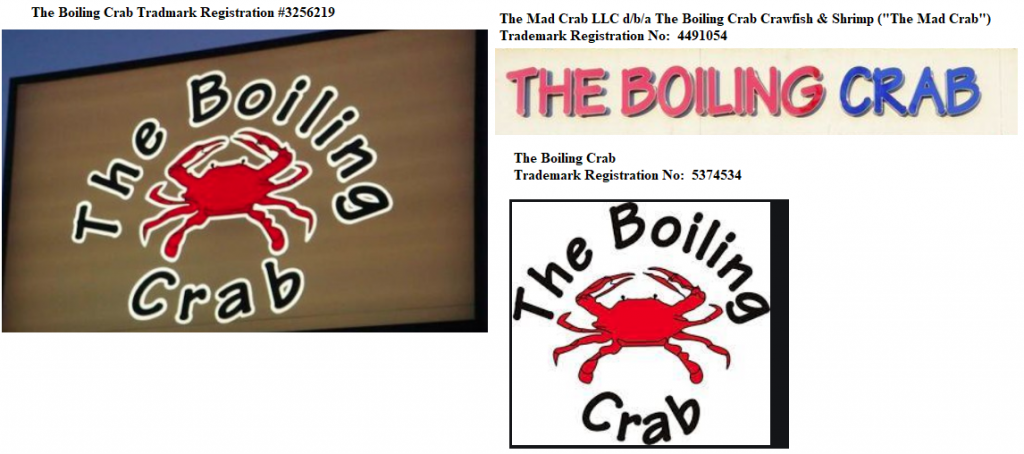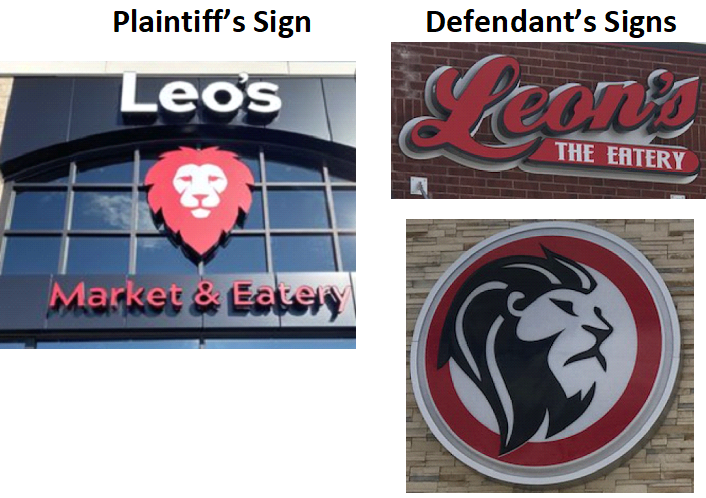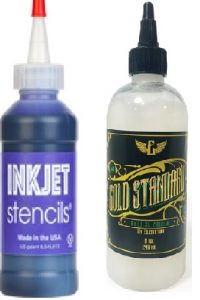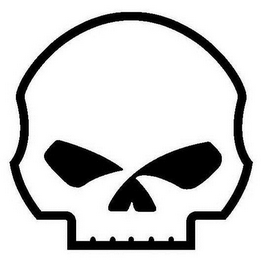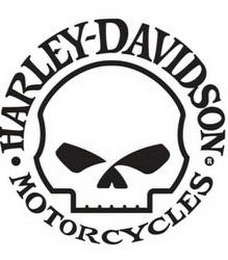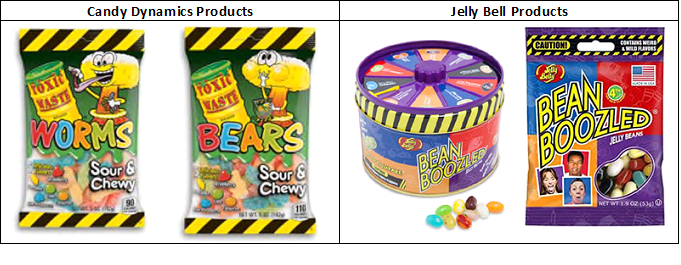Indianapolis, Indiana – Attorneys for Plaintiff, F.F.T., LLC (“F.F.T.”) having a principal place of business in Seattle, Washington, filed suit in the Southern District of Indiana alleging that Defendants, Thomas Sexton, Ph.D. (“Sexton”), Functional Family Therapy Associates, Inc. (“Functional Family Therapy”), Astrid Van Dam (“Van Dam”), and FFT Partners, LLC (“FFT Partners” and collectively “Defendants”), infringed its rights in United States Trademark Registration Nos. 4,389,569 for the mark FFT-CW®, 4,435,321 for the mark FFP®, and 5,267,897 for the mark FUNCTIONAL FAMILY THERAPY CHILD WELFARE®. F.F.T. is seeking injunctive relief, judgment including statutory damages, and attorneys’ fees.
Seattle, Washington, filed suit in the Southern District of Indiana alleging that Defendants, Thomas Sexton, Ph.D. (“Sexton”), Functional Family Therapy Associates, Inc. (“Functional Family Therapy”), Astrid Van Dam (“Van Dam”), and FFT Partners, LLC (“FFT Partners” and collectively “Defendants”), infringed its rights in United States Trademark Registration Nos. 4,389,569 for the mark FFT-CW®, 4,435,321 for the mark FFP®, and 5,267,897 for the mark FUNCTIONAL FAMILY THERAPY CHILD WELFARE®. F.F.T. is seeking injunctive relief, judgment including statutory damages, and attorneys’ fees.
F.F.T. claims it “is an organization dedicated to training psychotherapists in the ‘Functional Family Therapy’ protocol that its founder, Dr. James F. Alexander (“Dr. Alexander”), developed through decades of research and practical application.” According to the complaint, F.F.T. conducts business in thirty-three states and ten foreign countries. Sexton and Van Dam are individuals, alleged to be residing in Bloomington, Indiana. Functional Family and FFT Partners are a corporation and limited liability company, respectively, each alleged to have a principal place of business in Bloomington, Indiana.
According to the Amended Complaint, Dr. Alexander began studying and developing his family based method of therapy for delinquent adolescents in the 1960s and began referring to his therapy model as “Functional Family Therapy” in 1982 with the publication of his first book. F.F.T. claims this protocol has become very successful and is now referred to simply as “FFT.” Dr. Alexander along with non-party, Richard Harrison (“Harrison”), and Sexton allegedly formed FFT, Inc. in 1998 to train therapists in the Functional Family Therapy protocol. Per the complaint, Harrison left the company four years later and Douglass Kopp (“Kopp”) entered the company as CEO and Managing Member. F.F.T. claims it was formed to pursue the same efforts as FFT, Inc., which was subsequently administratively dissolved.
Continue reading
 Indiana Intellectual Property Law News
Indiana Intellectual Property Law News


